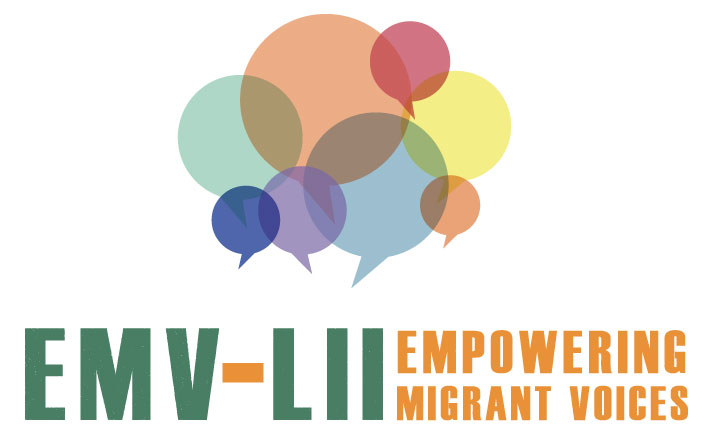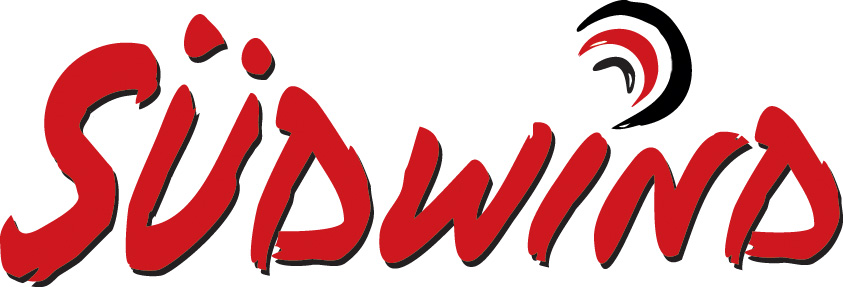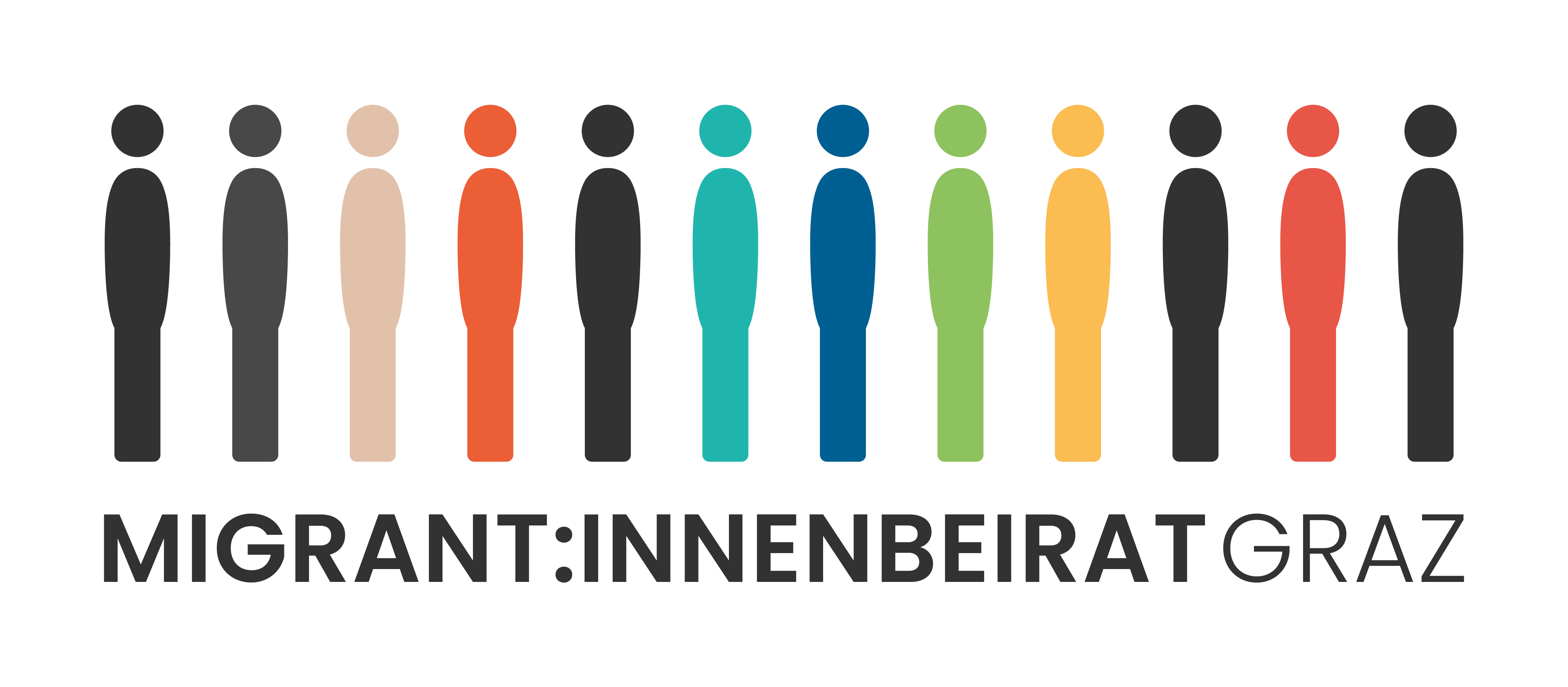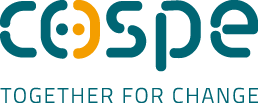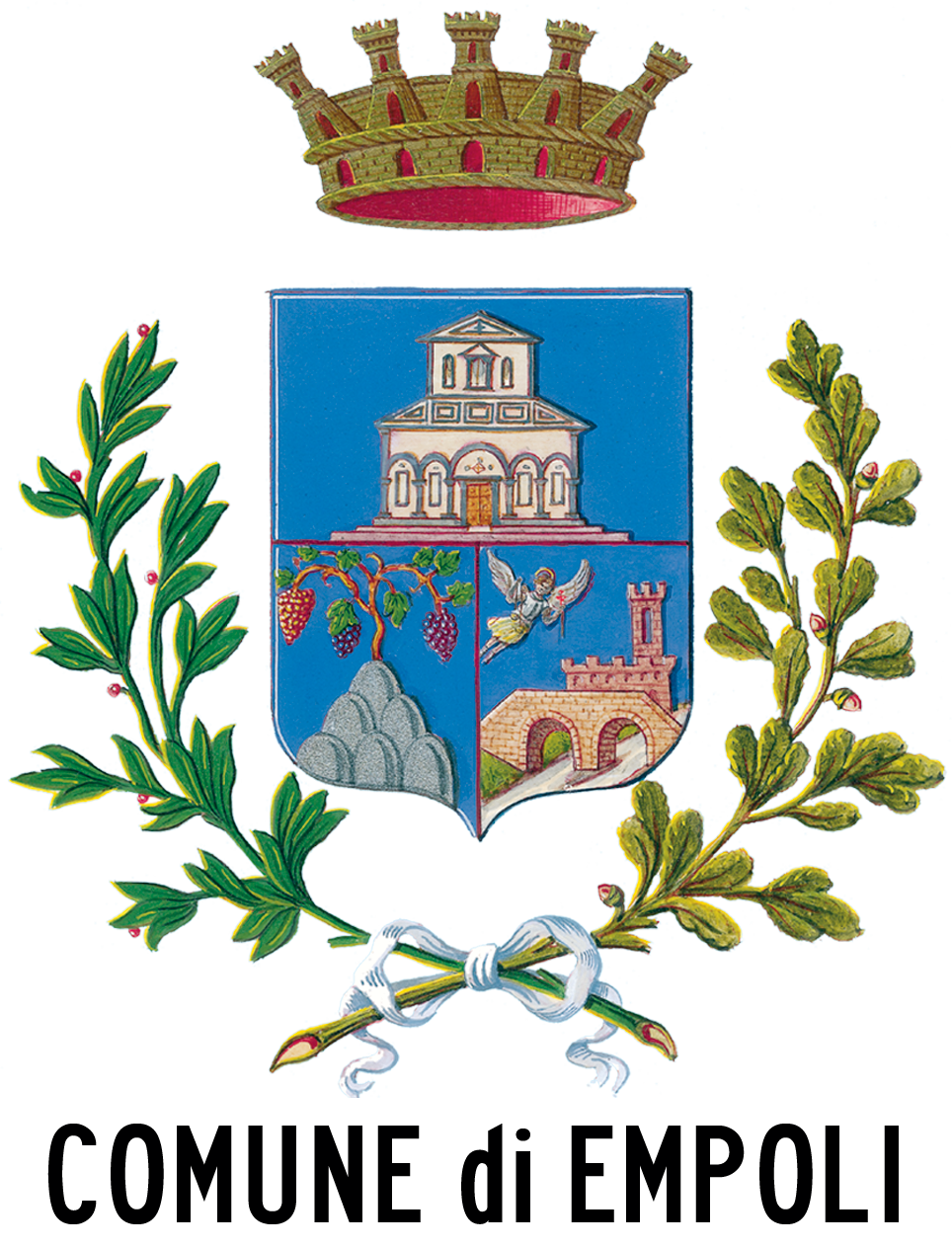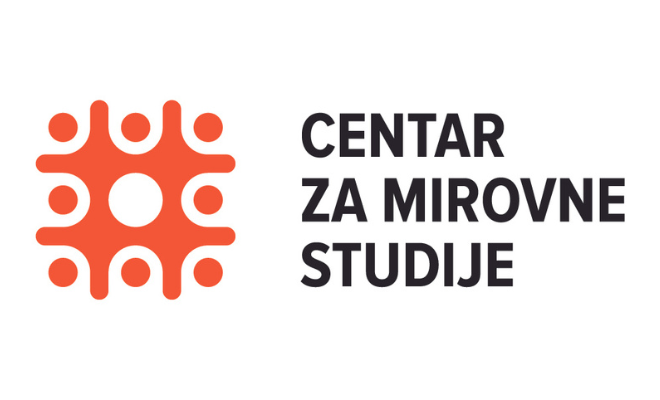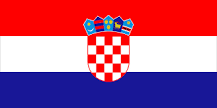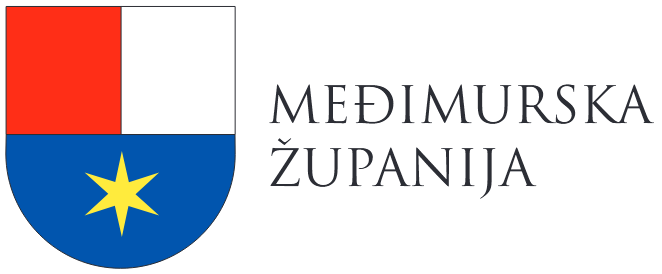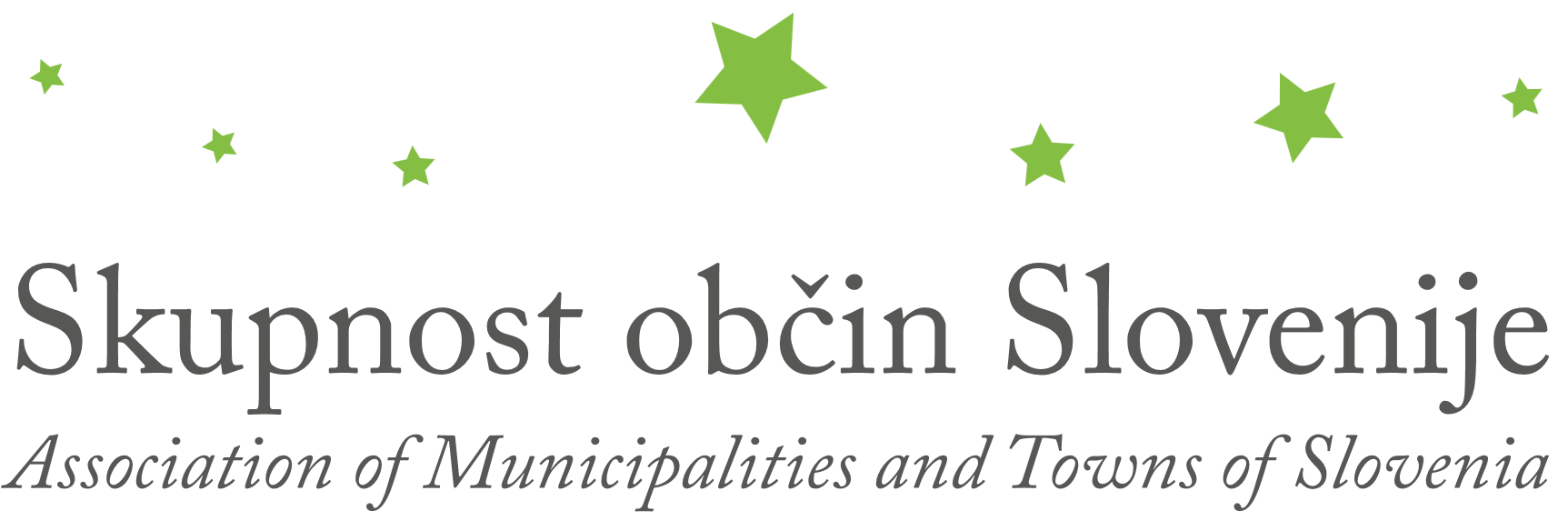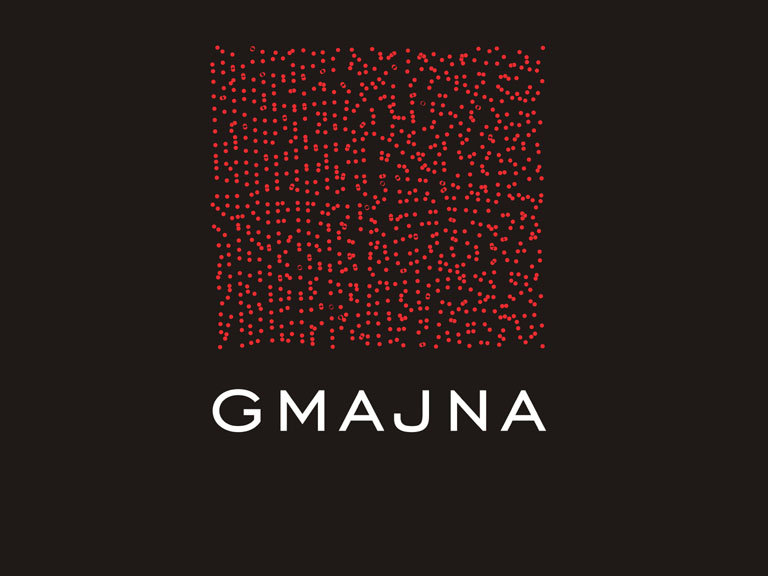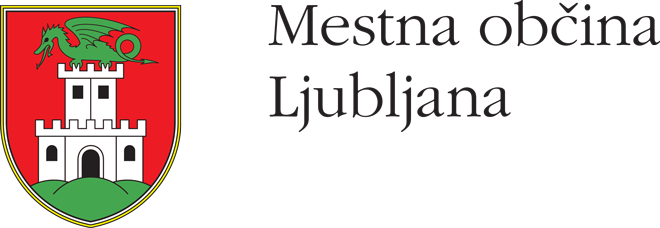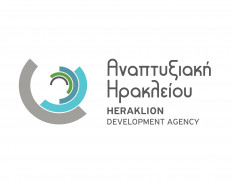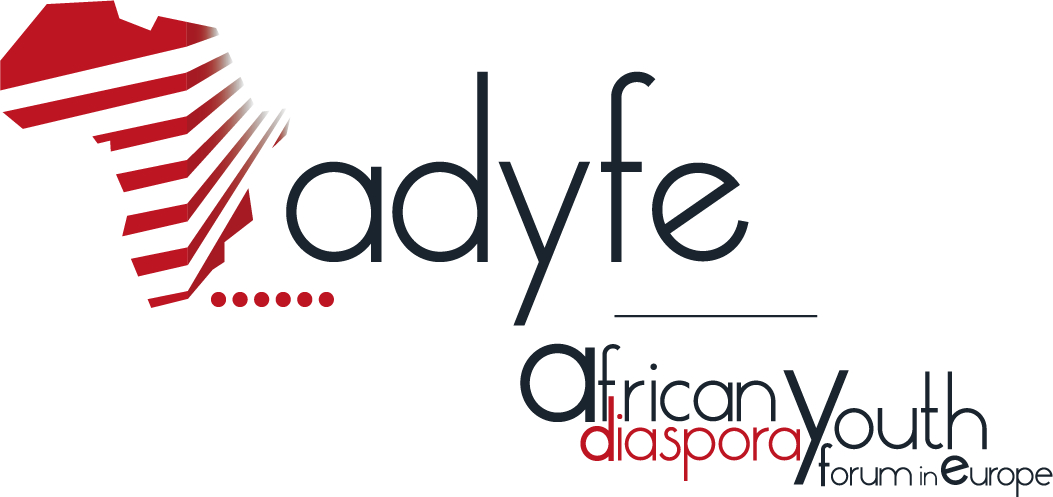Integration happens in every village, city, and region where migrants live, work, and attend school, and the local level plays a key role. The EMV-LII project aims to enable and upscale migrants’ participation in the co-design and co-implementation of local integration strategies in Austria, Germany, Greece, Italy, Slovenia, Croatia, and Luxembourg and to implement and strengthen meaningful and sustainable participation mechanisms in local integration, such as migrants’ councils, e-participation tools, and policy advocacy.
The EC action plan on integration and inclusion 2021- 2027 recites:
Developing welcoming, diverse and inclusive societies (…) needs the engagement of both migrants and the receiving society. Including migrants and EU citizens with a migrant background as well as promoting their active participation in consultative and decision-making processes can help empower them and ensure that integration and inclusion policies are more effective and reflect real needs.
Project activities
The project aims to support the development and implementation of local integration strategies by increasing migrants’ and Diaspora organization’s participation for more effective inclusion at local and regional level, with a special emphasis on including migrants with specific needs focusing on persons in need of international protection, young migrants and women.19 partners of which 8 local and regional authorities, will implement and strengthen meaningful and sustainable participation mechanisms in local integration as migrants’ councils, e-participation and policy advocacy.
Pillar 1
Strengthen and empower the participation of migrants in local integration, through trainings and capacity building
- Tailored training programs for migrants and their organisations on participation in local integration strategies;
- Legal training based on rights-based approach;
- Advocacy and Participation activities of migrants and their associations on local integration policies.
Pillar 2
Increase capacity and willingness of local and regional authorities to engage migrants in local integration strategies
- Trainings for local and regional politicians on participatory methodologies for local integration;
- Anti-discrimination and social inclusion trainings for LAs/RAs;
- Training for migrants’ engagement as anti- discrimination mediators
- Multistakeholder Workshops and Roundtables co-designing and co- implementing local integration strategies.
Pillar 3
Strengthen participation mechanisms for local integration
- Issue-raising meetings for migrants including city councilors and policy makers;
- E-participation Portal on migrant participation
- Developing strengthening Migrants Advisory Councils and committees for local integration and civic participation
- Strengthen networks initiatives and advocacy campaigns of migrant organisations.
Cross-cutting Instruments
- Baseline Assessment of local integration strategies and migrant participation
- Cross-border cooperation between local and regional authorities Multistakeholder Workshops Roundtables co-designing and co-implementing
- local integration strategies and other policies relevant for local integration
- Advocacy and lobby meetings with LAs/RAs on migrants’ participation and engagement
- Policy papers for the co-design and implementation of local integration strategies
- Policy Roundtable at the European Parliament in Brussels
EMVI Project Partners and further information
European Coordinator: stefan.grasgruber-kerl@suedwind.at
